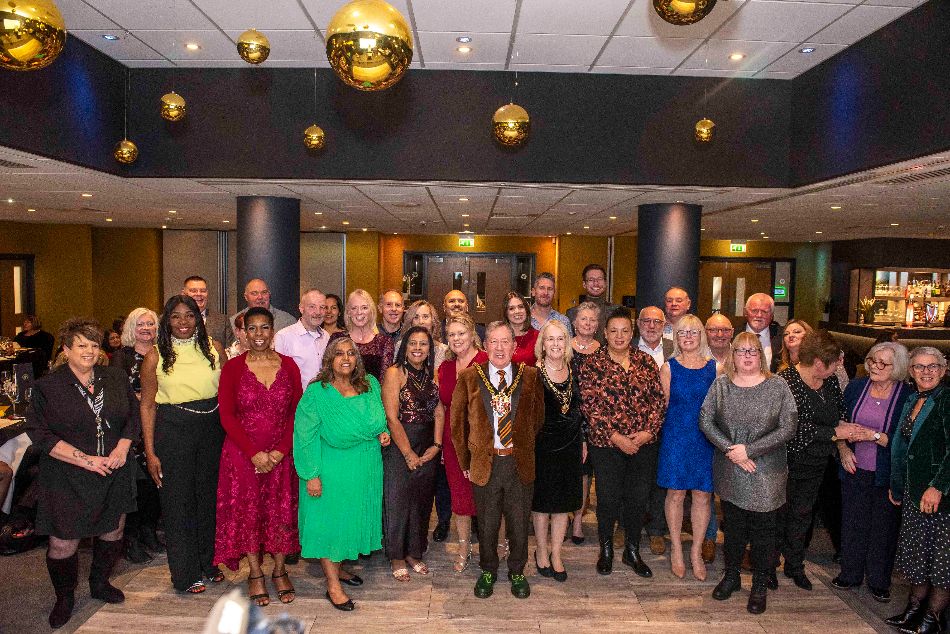BT has announced it has been awarded a contract by Humber NHS Foundation Trust for a new mobile solution, designed to transform patient care and the working lives of clinicians, while at the same time saving the Trust money. It uses innovative software from Belfast company, TotalMobile, to give healthcare professionals on the move access to real-time information where and when they need it.
Staff at the Trust – which provides a range of mental health, community, learning disability, and addiction services – will now be able to access patient records, view schedules and appointments and update notes while on their rounds, using a mobile device of their choice, such as tablets or smartphones.
Replacing paper records, the new mobile solution ensures that clinicians have the most up to date information at their fingertips whether in the office, on the go or at the patient's home. It streamlines the Trust's existing processes, reducing the need to return to base, saving time and money travelling and allowing more time to be spent on patient care. It's planned that the solution will be rolled out to 500 healthcare professionals, in multiple care settings, in the first phase from June to September.
Bought using the government's G-Cloud procurement framework, BT is providing an end-to-end solution which offers Wi-Fi, 3G and 4G mobile connectivity. It integrates with the Trust's existing electronic patient record system and incorporates workforce and work flow management software from TotalMobile, a leading provider of mobile software. Patient records and scheduling information sit on a BT-hosted platform which complies with Health and Social Care Information Centre (HSCIC) standards for information security, ensuring sensitive patient data is safeguarded.
This is the first time TotalMobile and BT have worked together to offer a mobile solution in the UK to a health organisation. The new solution is being partly funded by NHS England's £65 million Nursing Technology Fund which was launched in 2012 to support nurses, midwives and health visitors to make better use of digital technology in all care settings, in order to deliver safer, more effective and more efficient care.
Adrian Snarr, director of Finance, Infrastructure and Informatics at Humber NHS Foundation Trust, said: “Our Trust serves a population of 600,000 over a large geographic area. With more than 3,000 staff operating from 70 sites and many providing services in patient's own homes, it was essential we were able to digitally capture information at the point of care. This mobile service allows our staff to gain instant secure access to the most up to date information stored on our electronic patient record system. This means our community teams for example, can plan their visits more efficiently and effectively to maximise their time with their patients.
“Using G-Cloud we were able to speed up the procurement process as a whole and keep the costs down as we didn't have to go to the expense of putting the contract out to tender.”
Ian Dalton, president of Global Government and Health, BT Global Services, said: “The NHS is facing huge financial challenges and we're excited by the opportunities mobile working can offer organisations such as Humber NHS Foundation Trust to work smarter and more cost-effectively. Not only can it reduce travel and administration, freeing staff up to spend more time with their patients, but it can empower them to provide the highest quality patient care. This is clearly not just about technology, it's about transforming care and services.”
Colin Reid, chief executive of TotalMobile, said: “I'm delighted to be teaming up with a company of BT's calibre and its long history of providing innovative solutions to the NHS. This really is a win-win for patients, staff and the NHS. Mobile working is key to unlocking a number of efficiency benefits at a time when the NHS is looking to provide more for less while at the same time improving patient care and allowing NHS staff to spend more time with the patient.
“And it's not only this pioneering trust that can benefit. This capability can be replicated across the NHS and is ideal for any healthcare organisation with teams working at a central location such as doctors on a hospital ward, as well as teams out and about in the community. It has the potential to truly mobilise frontline clinical staff.”
















